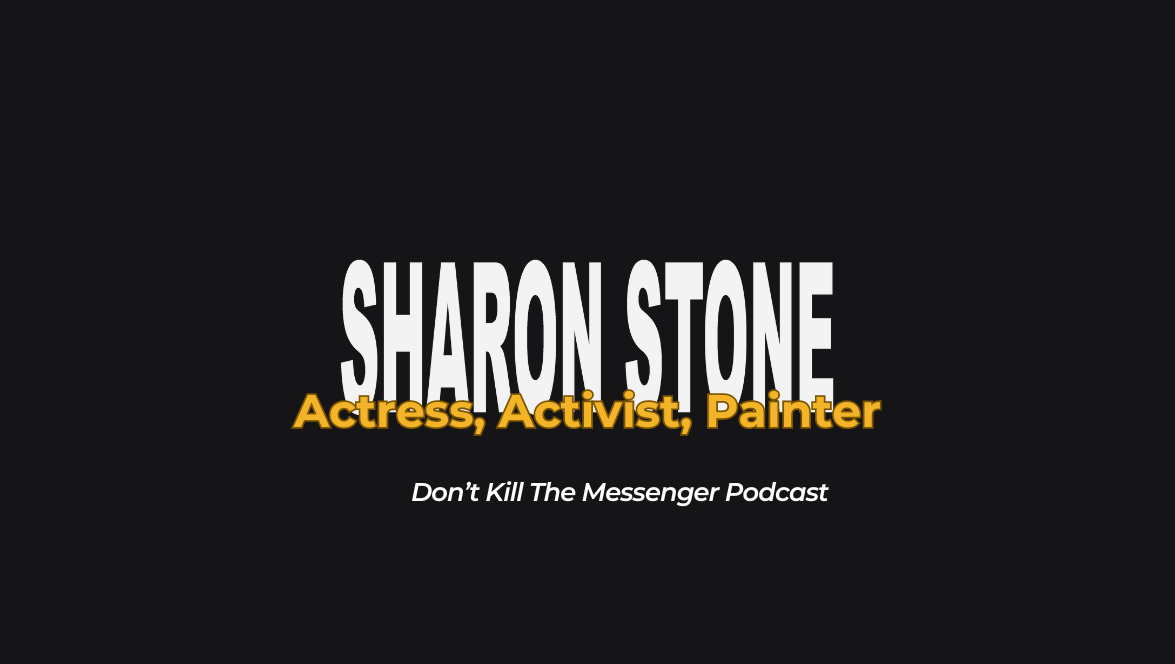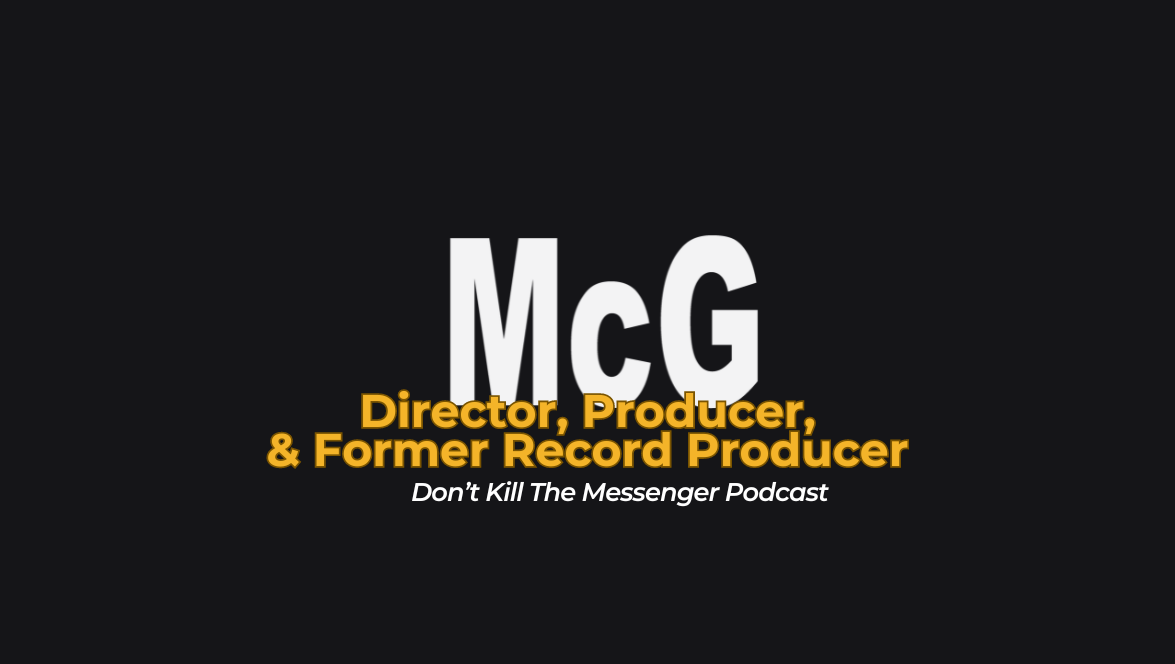As a member of the illustrious Mankiewicz family, Ben provides a unique insider perspective, from interesting stories about his early life to the privileges and expectations that come with having a famous name. He also shares colorful anecdotes about his father, who spurned the movie business in favor of making an impact through politics and public service. Throughout the episode, Ben brings his deep passion for film to life, offering thoughtful analysis and critiques on everything from beloved classics like Casablanca to defining what makes a movie truly great. His joy and encyclopedic knowledge when discussing cinema is infectious.
On Getting into Columbia Despite Initial Rejection
Mankiewicz comes from a long line of Columbia alumni but was initially denied admission despite listing his relatives’ achievements. Ben would not let his father call on his behalf, but thanks to a refusal to participate in an event for Mankiewicz’s great uncle, the university president personally called to offer Ben a spot.
On His Father Rejecting the Family Business for Public Service
Unlike many in his famous Hollywood family, Ben’s father Frank Mankiewicz deliberately avoided the entertainment industry in favor of service and politics:
“My father came from a family where the movies were never discussed, even though they lived in Hollywood for a time…my grandfather thought, you know, a playwright, that’s distinguished, a theater critic is worthy, a great American novel would be worthy. But this popcorn for the masses is beneath serious scholarship.”
Instead, Frank joined the Peace Corps in Latin America, met Robert F. Kennedy on a work call, and went on to become his press secretary and run George McGovern’s presidential campaign. As Mankiewicz put it:
“Latin American Director of the Peace Corps, Bobby’s press secretary, George McGovern’s campaign manager, president of National Public Radio, all of these things. And before that, with the 69th Infantry and, and beat the Nazis. Like, this life was so big.”
On Auditioning for Turner Classic Movies
Unlike his scripted auditions for game shows, Mankiewicz found the TCM tryouts played to his strengths as a natural conversationalist:
“I thought, well, I think I’ve done well in this audition because I could breathe. And I learned quickly that I’d made the next round…they had abandoned that process because it was going to be way too hard to book. And it was just going to be read a lead-in. All I did was come in and read an intro that they had written for The Bishop’s Wife.”
The informal approach allowed him to showcase his improvisational chops and deep knowledge of movies.
His Criteria for a Great “Classic Film”
According to Mankiewicz, a movie becoming a revered “classic” depends more on emotional resonance with audiences over time rather than critics:
“I don’t know that critics or film scholars alone can really make that happen because the impact has to be emotional…to me it’s a movie that, that over a period of time, probably generations, continues to emotionally move people to the point where they recall the movie, think about the movie and want to watch it.”
He pointed to films like Casablanca that still make him cry after repeated viewings as examples.
The Problem with On the Waterfront
While praising the filmmaking of Elia Kazan’s On the Waterfront, Mankiewicz took issue with its justification for naming names during the Hollywood blacklist:
“Kazan made On the Waterfront to say sometimes it’s okay to name names, sometimes it’s the right thing to do, is name names. And I want to say to him, hey man, the people who you’re naming threw somebody off a building. That’s different than guys who went to a communist party meeting in 1936.”
The Impact of Mank on the Family Legacy
Mankiewicz described being profoundly moved by David Fincher’s Mank, about his grandfather:
“I sobbed because it was exactly how my father described his father, who I never knew. That was it, Gary Oldman, as soon as I first saw him, I was like, oh, that’s it. And I wanted my dad to have been there to see it so badly. He would’ve loved it.”
He wished his father could have seen the film capture Herman Mankiewicz’s spirit and self-loathing, laying bare the family’s complicated Hollywood roots.
Don’t Kill the Messenger, hosted by movie and entertainment research expert Kevin Goetz, brings his book Audienceology to life. This bi-monthly podcast takes a peek behind the filmmaking curtain as Kevin talks with famous filmmakers, studio executives, stars, and other creatives about movies, filmmaking, audience test screenings, and much more.
For more information about Ben Mankiewicz:
Wikipedia: https://en.wikipedia.org/wiki/Ben_Mankiewicz
Twitter: https://twitter.com/benmank77?lang=en
The Plot Thickens Podcast: https://theplotthickens.tcm.com/
For more information about Kevin Goetz:
Website: www.KevinGoetz360.com
Audienceology Book: https://www.simonandschuster.com/books/Audience-ology/Kevin-Goetz/9781982186678
Facebook, Twitter, Instagram: @KevinGoetz360
Linked In @Kevin Goetz
Screen Engine/ASI Website: www.ScreenEngineASI.com






